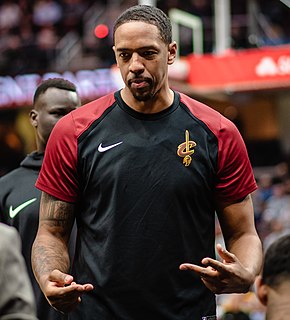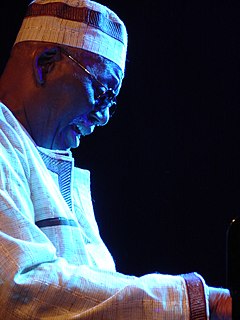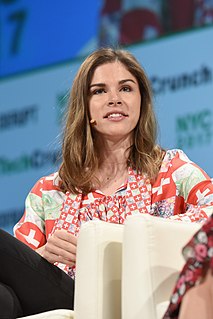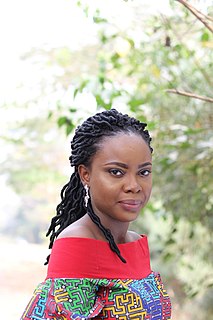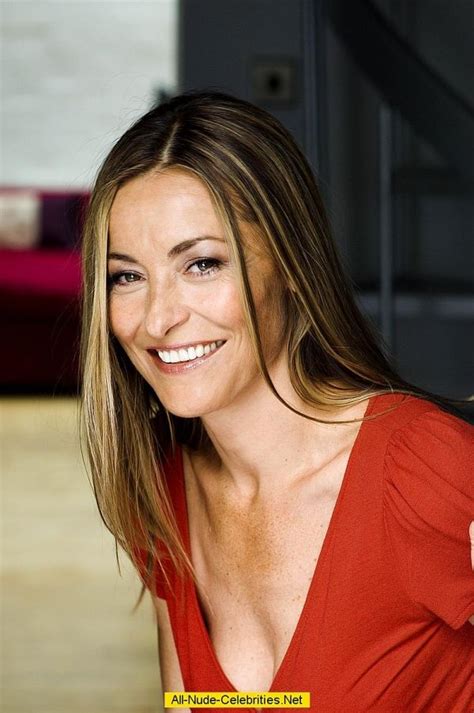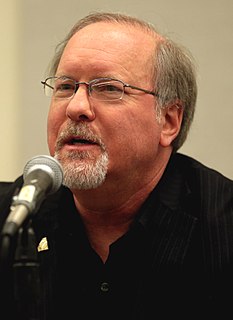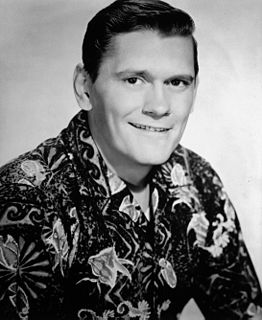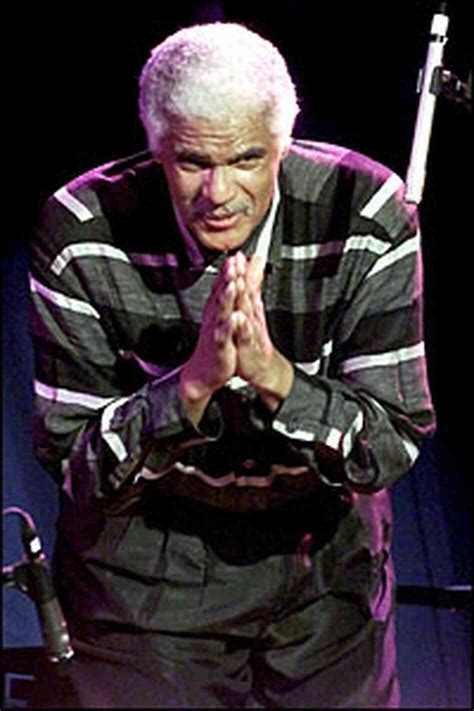A Quote by Howard Jacobson
I would rise, monk-like, at 6 A.M., speak to no one, make tea, and go immediately to my desk from which I didn't move until frills appeared around the edges of my eyes or I heard the sound of a wine bottle being uncorked. It would give the wrong impression to describe these as Writing Days.
Related Quotes
[Thelonious] Monk is a subject in itself. I mean, most piano players in most big bands sit down and they play with the band, you know. But Monk would just sit there like this. And all of a sudden there'd be a pause from all the trumpets and everything and Monk would go 'plink!' like that. And everybody would go 'Yeah!
At first I didn't understand what [Thelonious Monk] was doing, but I went back again, and what I can say about Monk is that I heard ancient Africa in his music. When he played, it was like a ballet. He captured the sound of the universe. Monk could take a triad, a simple chord, and make it sound dissonant. I'm sure that element he had in his piano was part of the two years he spent traveling with his mother in gospel music in the tent shows.
To describe this film as dishonest and demagogic would almost be to promote those terms to the level of respectability. To describe this film as a piece of crap would be to run the risk of a discourse that would never again rise above the excremental. To describe it as an exercise in facile crowd-pleasing would be too obvious. Fahrenheit 9/11 is a sinister exercise in moral frivolity, crudely disguised as an exercise in seriousness.
She [Joni Mitchell] wanted to have that (jazz) element in her music. Of course, when she heard Jaco's [Jaco Pastorius'] music and met him, that floored her -- really grabbed her. She decided that Wayne Shorter was really conducive to her music. She would speak metaphorically about things. "I want this to sound like a taxicab driver, or a taxi in New York," or "I want this to sound like a telephone ringing." She would speak to musicians like that, and we really tuned into what she would want our music to be.
Writing helped to have jobs that involved running around, pushing things like dish carts and wheelbarrows. It would be hard to sit at a desk all day, and then come to sit at another desk. Also, it helps to abandon hope. If I sit at my computer, determined to write a New Yorker story I won't get beyond the first sentence. It's better to put no pressure on it. What would happen if I followed the previous sentence with this one, I'll think. If the eighth draft is torture, the first should be fun. At least if you're writing humor.


